Peterson Academy – Brian Keating – Intro to Cosmology
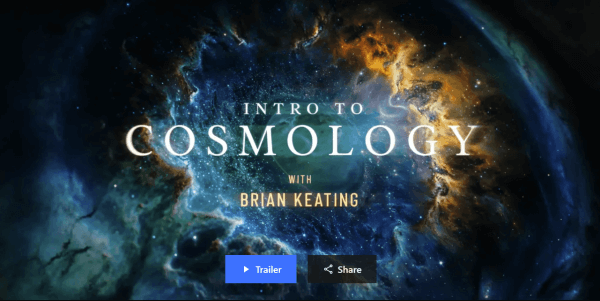
Dr. Brian Keating
Astrophysicist
In Intro to Cosmology, a nine-hour course, Dr. Keating takes us on a captivating journey through the cosmos, exploring its vastness, the tools used to unravel its mysteries, and the groundbreaking discoveries that have shaped our understanding of the universe. We examine the evidence for an expanding universe, the forces driving its evolution, and the cosmic fossils that shed light on its distant past and future. The course also delves into the enigmatic concepts of dark matter and dark energy, their roles in the universe’s structure and fate, and the ongoing efforts to unravel these cosmic mysteries.
Lectures
1. Cosmology and Its Instruments
In our first lecture, Dr. Keating embarks on a captivating journey through the cosmos, exploring the universe’s vastness and introducing us to the tools used to unravel its mysteries. We delve into the history of cosmology, from ancient cosmological models to the groundbreaking discoveries of Galileo, Newton, and Einstein, and discuss the challenges and limitations of conducting experiments in astronomy and cosmology. The lecture highlights the incredible advancements in telescope technology, from Galileo’s modest instrument to the James Webb Space Telescope, and the exciting possibilities they offer for understanding the universe’s origins, structure, and future.
2. Measuring the Universe
In lecture two, we explore the pioneering contributions of early astronomers like Kepler and Galileo, who laid the foundation for modern astronomy despite their limited tools. We then delve into the methodology of the cosmic distance ladder, a series of techniques used to measure distances in the universe, from our nearest neighbors to the most distant observable objects. Dr. Keating introduces key concepts such as parallax, standard candles like Cepheid variable stars, and the luminosity distance method. Finally, we tackle Olbers’ paradox, which questions why the night sky is dark if the universe is infinite and eternal, suggesting the possibility of a finite and expanding universe.
3. Expansion and Origin
In lecture three, we examine compelling evidence that the universe is expanding, highlighted by the work of Vesto Slipher and Edwin Hubble, who observed that nearly all galaxies show a redshift in their spectra, indicating they are moving away from us. We also discuss Hubble’s law, which links a galaxy’s distance to its redshift, serving as a crucial tool for measuring cosmic distances and providing evidence for the uniform expansion of the universe. The lecture concludes by exploring the profound implications of this expansion, including the possibility of a cosmic origin and the ongoing debate over the precise value of the Hubble constant, which influences the universe’s expansion rate and age.
4. Forces and Fate
In lecture four, we study the forces that drive the expansion or contraction of the universe, focusing on the role of gravity as described by Newton and Einstein. The lecture delves into the concept of space-time curvature, explaining how the presence of mass and energy affects the geometry of the universe, and how measuring this curvature allows astronomers to determine the universe’s composition and ultimate fate.
5. Cosmic Fossils
In lecture five, we uncover “archaeological relics” that shed light on the nature of the universe in its distant past and future. We explore three major types of cosmic fossils: galaxies and stars that trace the universe’s expansion, the cosmic microwave background radiation from 380,000 years after the Big Bang, and the abundances of light elements formed in the first few minutes of the universe’s existence. Together, these fossils offer strong evidence that the universe has cooled significantly over time, showing a direct connection between its temperature and age.
6. Unseen Universe and Galactic Motions
In lecture six, we investigate the mysterious concept of dark matter, a crucial component of the universe that remains undetected by conventional means. We examine the evidence for dark matter’s existence, including the peculiar motion of galaxies and clusters, and address the challenges in detecting and understanding its properties. Dr. Keating also examines potential candidates for dark matter, such as weakly interacting massive particles (WIMPs) and modified Newtonian dynamics (MOND), highlighting the ongoing scientific efforts to unravel this cosmic mystery.
7. Dark Energy and Destiny
In lecture seven, we examine dark energy and its impact on the future of our universe. We review evidence for accelerating cosmic expansion driven by this mysterious energy, which seems to fill all of space. The lecture explores potential scenarios for the universe’s fate, such as a “Big Crunch” or a “Big Rip,” depending on the properties and evolution of dark energy over cosmic timescales. We finish this discussion by highlighting the ongoing efforts to understand dark energy and its role in determining the universe’s ultimate destiny.
8. Cosmic Comprehension
In our eighth and final lecture, we delve into the philosophical challenges surrounding the origin of the universe, examining paradigm shifts in cosmology and the evidence for inflationary theory as an addendum to the Big Bang model. We explore how inflation addresses flaws in the Big Bang theory, such as the flatness and horizon problems, while touching on the concept of the multiverse. Dr. Keating concludes the course by emphasizing the remarkable human capacity to comprehend the cosmos despite our limitations, and the importance of maintaining humility and a “cosmic ego” in the face of the vast questions that remain.










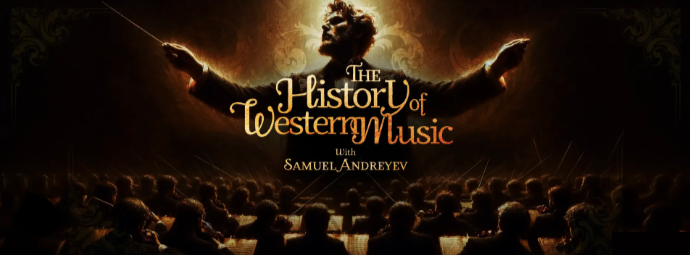


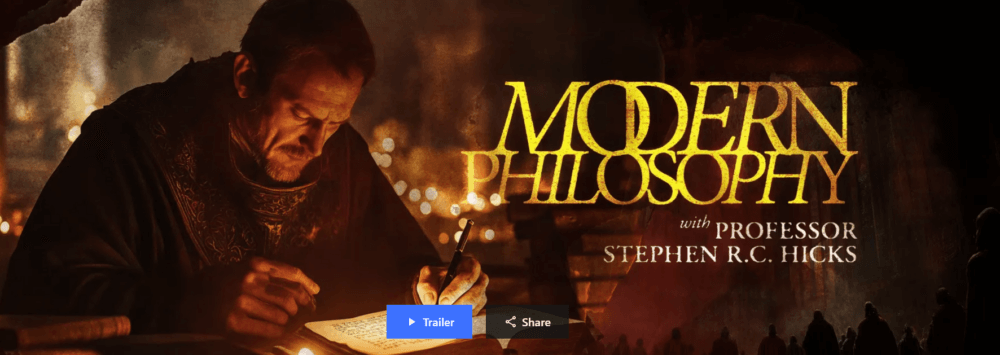
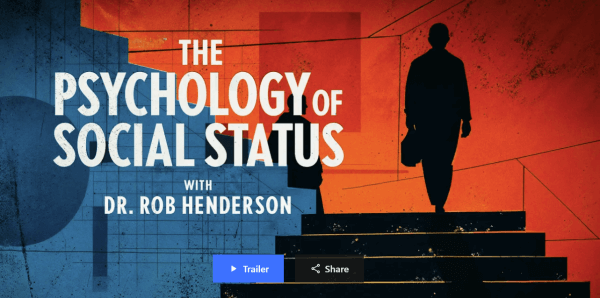
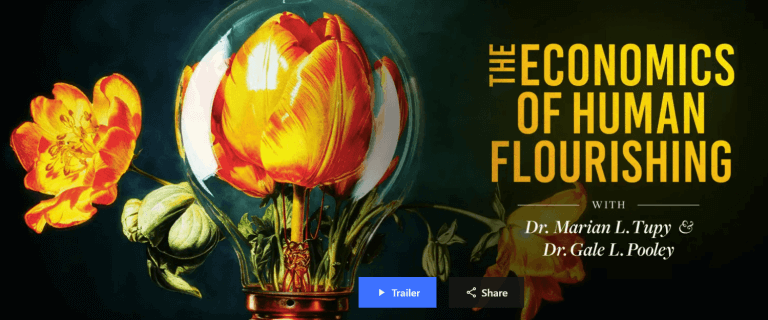

Reviews
There are no reviews yet.